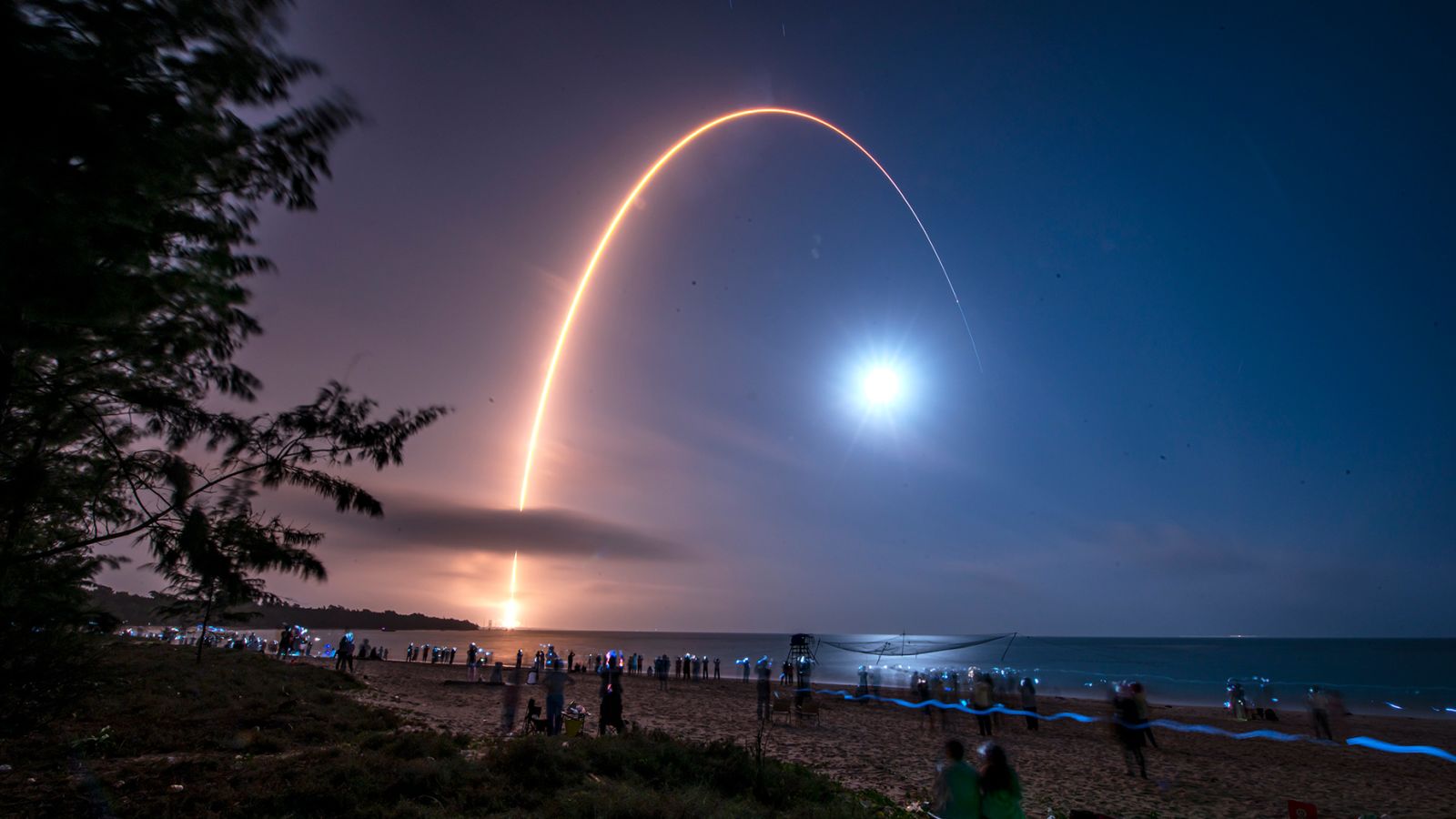BRASILIA (AP) — Thousands of indigenous people marched in the Brazilian capital on Thursday to demand that the government officially recognize the lands they have lived on for centuries and protect their lands from criminal activities such as illegal mining.
Carrying banners with messages such as “The future is original,” they marched toward Brasilia's Three Powers Square, where Congress, the Supreme Court and Planalto's presidential palace are located.
A group of indigenous leaders entered the palace to speak with President Luiz Inacio Lula da Silva, while others shouted in the direction of the building: “Our rights are non-negotiable.” Last week, the president changed his mind regarding the creation of four indigenous territories, citing opposition from state governors.
In addition to calls for more recognition of their lands, some tribes have protested against a 950-kilometre (590-mile) railway project to transport soybeans from the central state of Mato Grosso to ports on the Tapajós River, an important tributary of the Amazon River.
Kayapo, Panara and Munduruku tribal leaders said they were not properly consulted and expressed concerns that the project would lead to more deforestation.
Thursday's march was the final chapter of Camp Tierra Libre, an annual event in its 20th edition. This year he expressed a critical view of Lula's government. Unlike the past two years, the president was not invited to visit the camp installed in the main square of Brasilia.
“There is political instability, a lack of respect and a lack of trust,” Maryvelton Barry, director of the Federation of Indigenous Organizations of the Rio Negro, told The Associated Press during the march.
“We expected a lot from the government, but it did little. We knew that Congress would be hostile, but it is not as hostile as it was before,” added Barry, whose organization represents 24 tribes from the northwestern region of the Brazilian Amazon. Indigenous and environmental issues as a bargaining chip.”
Lula, who held the presidency between 2003 and 2010, began his third term in January last year. His government has since created 10 indigenous territories, which tribal leaders consider insufficient. According to the Socio-Environmental Institute, a non-governmental organization, there are at least 251 land recognition claims pending before the federal government.
Indigenous lands make up about 13% of Brazilian territory. Most of them are found in the Amazon rainforest.
Even with slow progress, border demarcation under Lula's government contradicts what was done by his predecessor Jair Bolsonaro, who kept his promise not to create a single additional centimeter of indigenous land. However, indigenous demands are facing increasing pressure from the powerful agribusiness sector, which has the support of hundreds of lawmakers and many governors in different parts of the country.
___
AP's climate and environment coverage receives financial support from several private foundations. AP is solely responsible for all content.

“Unapologetic tv specialist. Hardcore zombie trailblazer. Infuriatingly humble problem solver.”


:quality(85)/cloudfront-us-east-1.images.arcpublishing.com/infobae/I46OYL7ZBJCF3DAWK66JCZZKKE.jpg)



More Stories
Breaking news on Gaza and pro-Palestinian protests on American campuses, live: news and more
Best areas to rent a house in Miami
Breaking news on Gaza and pro-Palestinian protests on American campuses, live: news and more